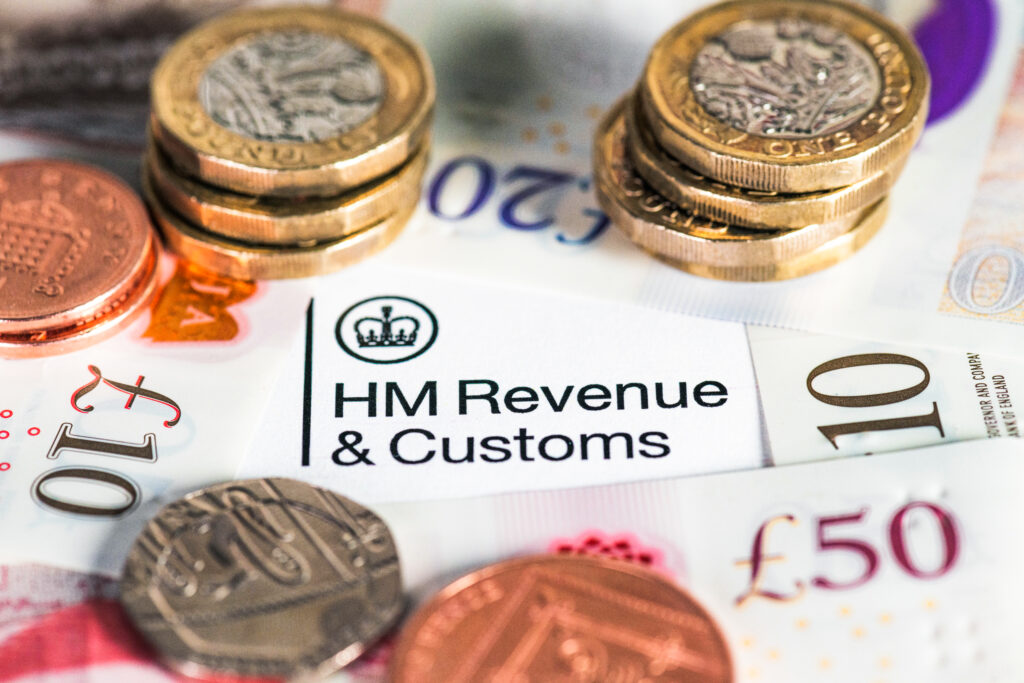Setting up a limited company in the UK is not as difficult as you might think. By following the right steps and procedures, you can ensure a smooth process and avoid potential inconveniences at a later stage. Operating through a limited company is often the most tax-efficient way to trade. This guide will walk you through the essential steps to set up your own limited company quickly and efficiently.
If you are just starting out, hiring a limited company accountant is advisable as they can help you with your accounting and tax-related matters as well as help in dealing with HMRC and Companies House. When you are starting out, you might not have the necessary experience and chances are you might make mistakes which could draw penalties or financial difficulties.
Having said that, you can also set up a limited company on your own, and this guide will help you with that.
What You Need to Set Up a Limited Company?
A limited company is treated as a separate legal entity, much like an individual. It has its unique name, generates revenue, pays taxes, and can enter into contracts. To set up a limited company, you’ll need the following:
1. Choose a Unique Name for Your Limited Company: The first step is to choose a unique name for your limited company. The name should be relevant to your business activities and, most importantly, must not be registered or used by someone else. All limited company names must end with ‘Ltd’, such as “XYZ Developers Ltd“. To check the availability of your chosen name, visit the Companies House website, which maintains a list of all registered limited companies in the UK.
2. Registered Office Address: After choosing a name, you’ll need a UK-based registered office or trading address for your business. This address will be used by the HMRC and your clients for communication and will appear on your invoices and when setting up a business bank account.
3. Appointing Directors, a Company Secretary, and Deciding on Shareholders: Once the company name and address are sorted, you’ll need to appoint the key personnel for your limited company. This includes:
-
- Company Director: Responsible for the day-to-day operations and compliance with legal obligations.
- Company Secretary: Optional for small companies but often handled by the director in one-person limited companies.
4. Shareholding Structure: Now it’s time to decide on the shareholding structure. Who will hold the majority stake in the company? How will the shares be divided, i.e. 50/50, 70/30? What types of shares will you issue, i.e. ordinary shares, preference shares, etc.?Issuing shares is a crucial part of forming a limited company and can have tax implications. Therefore, it’s advisable to seek professional advice from a limited company accountant before making any decisions regarding shares and capital structure.
5. Memorandum and Articles of Association (MOA): The Memorandum of Association (MOA) is an important legal document that outlines the purpose and scope of your company’s business. It is publicly available and acts as a guide for everyone involved with your business.
The MOA must clearly define your company’s objectives and the scope of its business activities. This is particularly important if you encounter legal issues, such as being wrongly classified under IR35. The law prohibits conducting business outside the scope defined in the MOA.
If you’re unsure how to draft the MOA, consider hiring a limited company accountant to assist you. Templates for a memorandum of association are available online, but professional guidance ensures accuracy and compliance.
Business Bank Account: After completing the necessary paperwork, you’ll need to set up a business bank account for your limited company. This account will be used to receive payments from clients and manage your company’s finances. Setting up a business bank account is straightforward and can often be done online.
6. VAT Registration: Finally, your limited company may need to be VAT registered, depending on your turnover. VAT registration can be done online through the HMRC website. However, selecting the appropriate VAT scheme is crucial, as it will affect how much money you can take home. A limited company accountant can guide you through this process, ensuring that you choose the most beneficial VAT option for your business.
7. Hire a Limited Company Accountant: While it’s possible to manage the formation of a limited company on your own, hiring a specialist limited company accountant is highly recommended. A professional can handle the complexities of share issuance, VAT registration, and compliance, allowing you to focus on running your business. Investing in expert advice will save you time, stress, and potentially money in the long run.
In conclusion, setting up a limited company in the UK involves several key steps, from choosing a unique name to appointing directors and registering for VAT. By following this guide and seeking professional advice where necessary, you can establish your limited company with confidence and ease.





